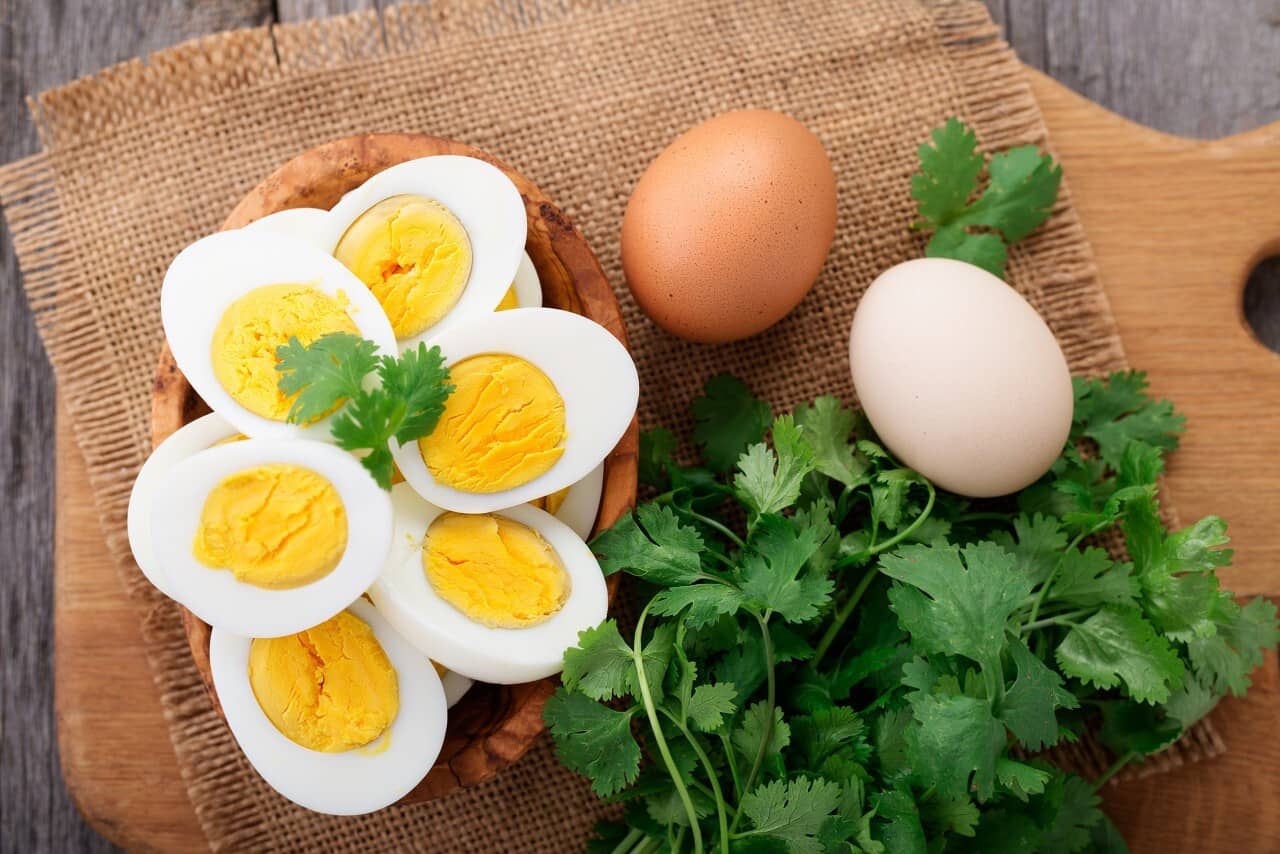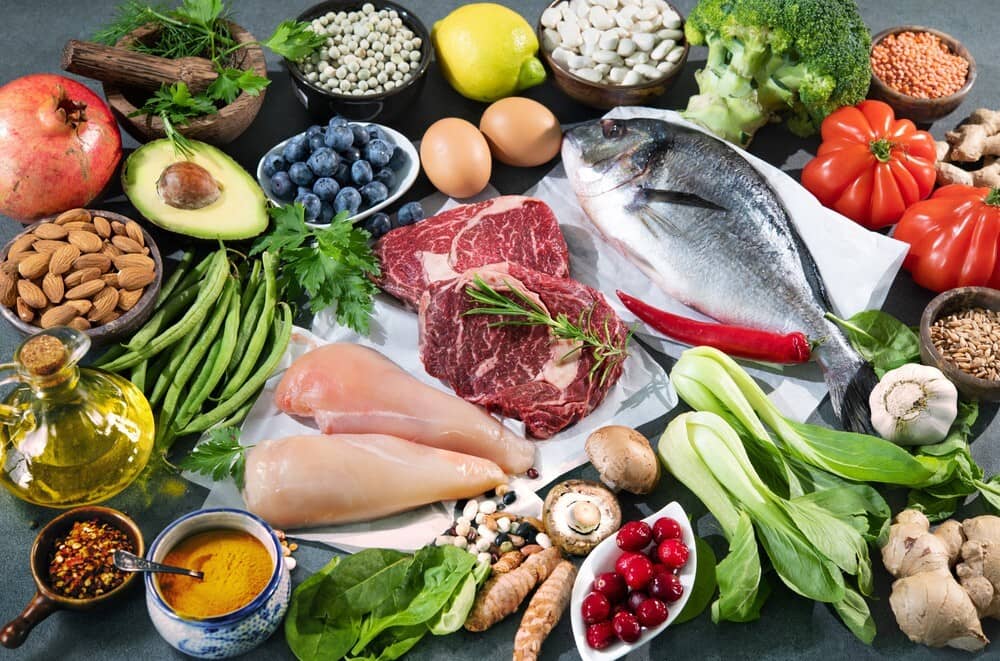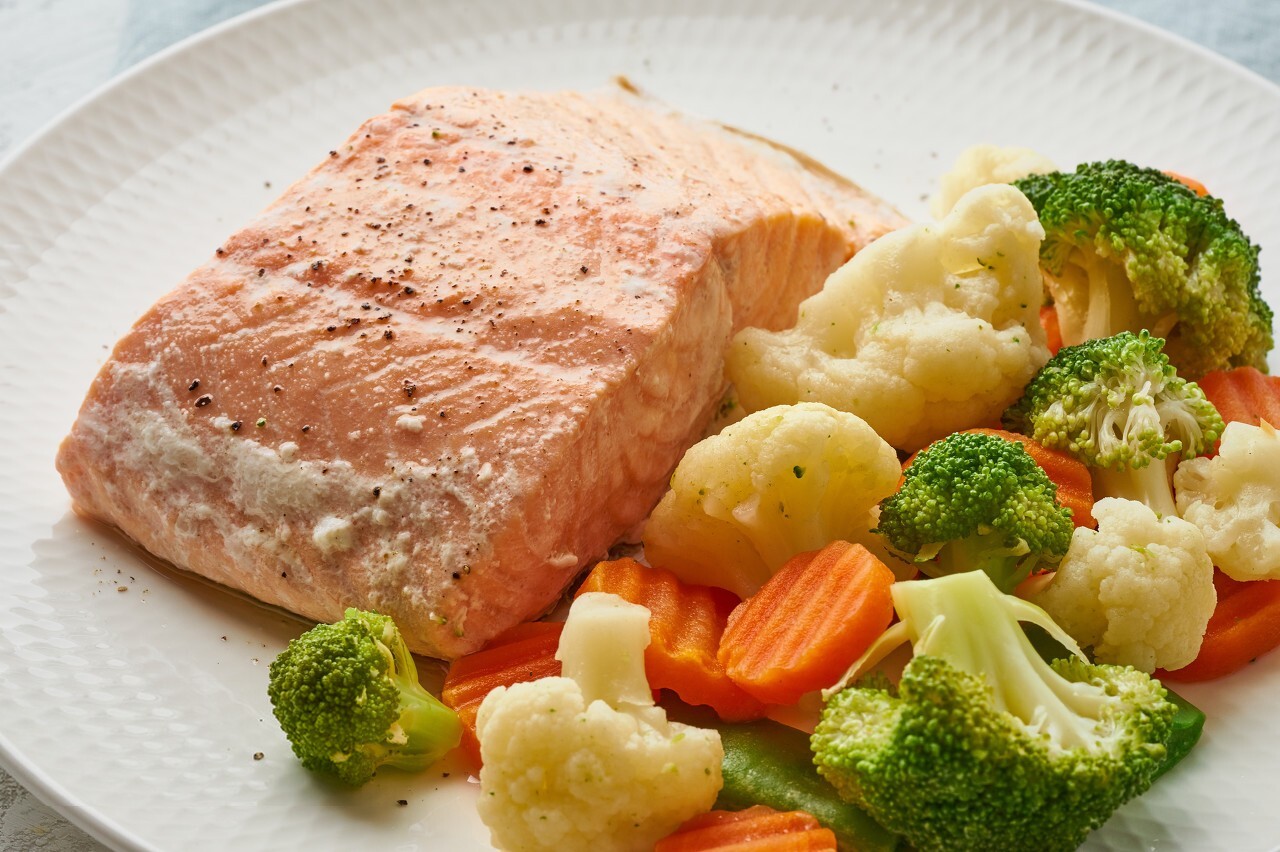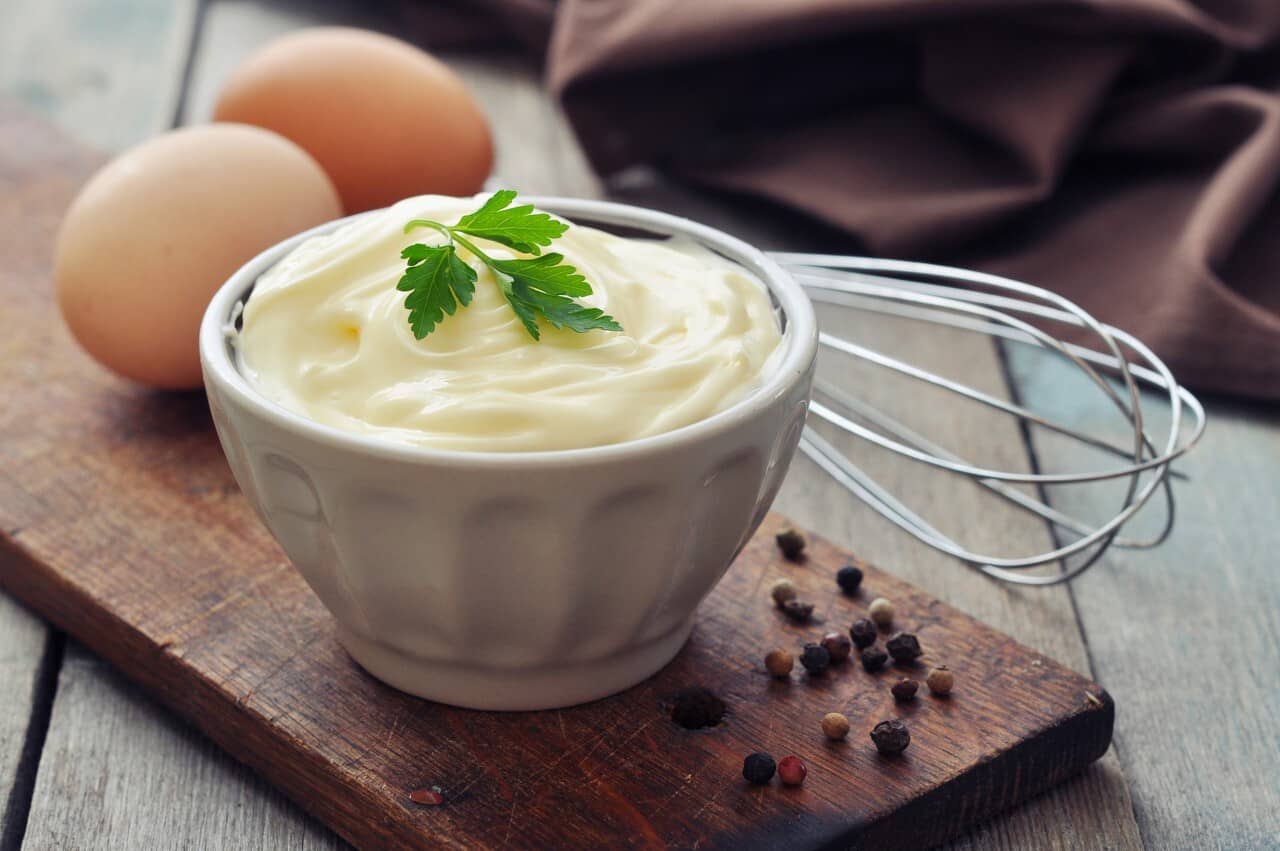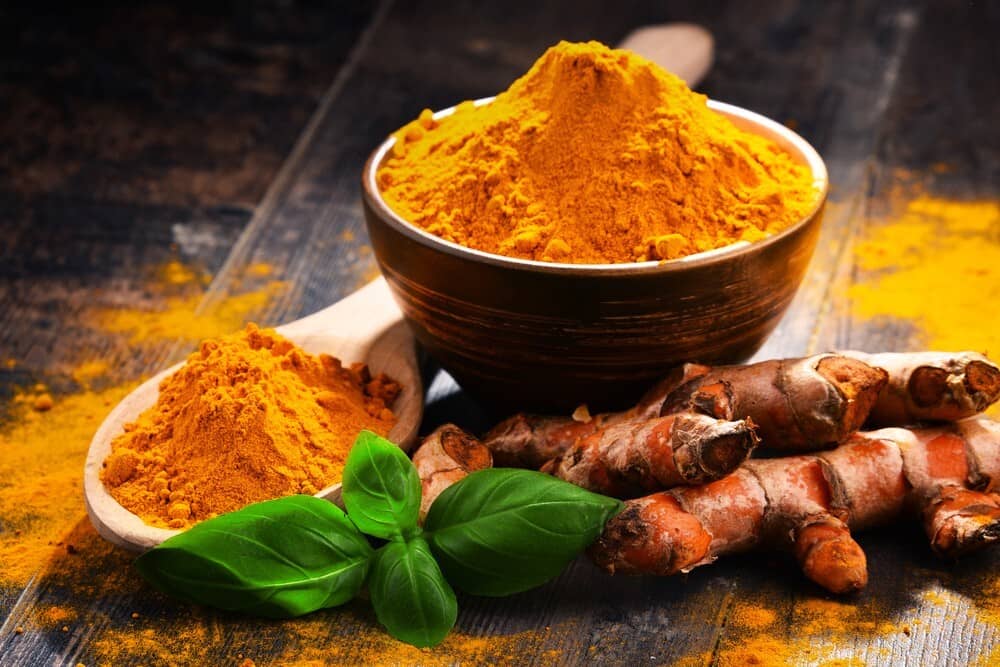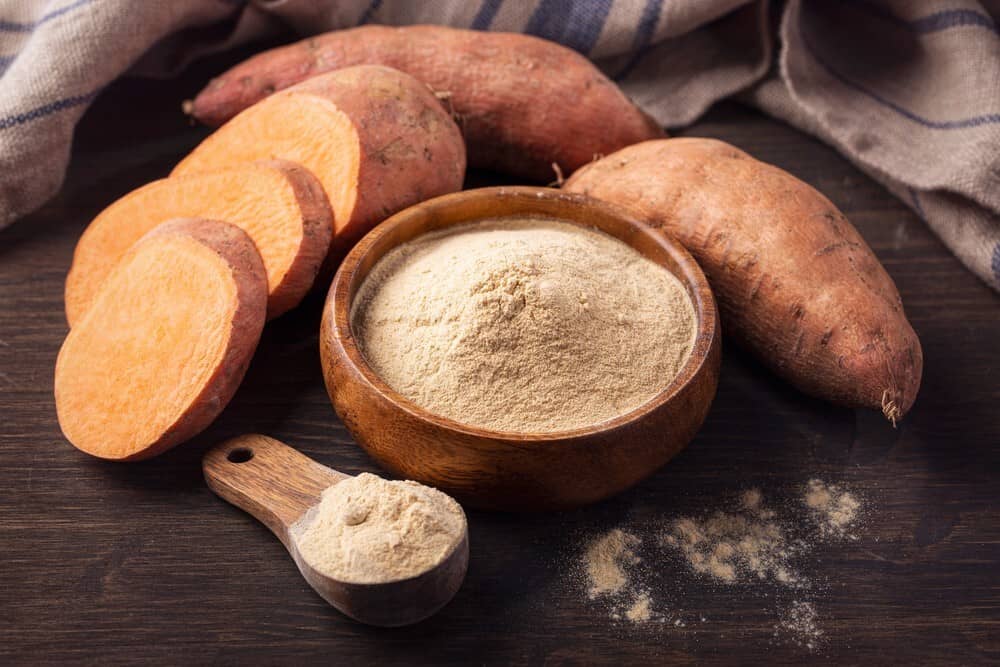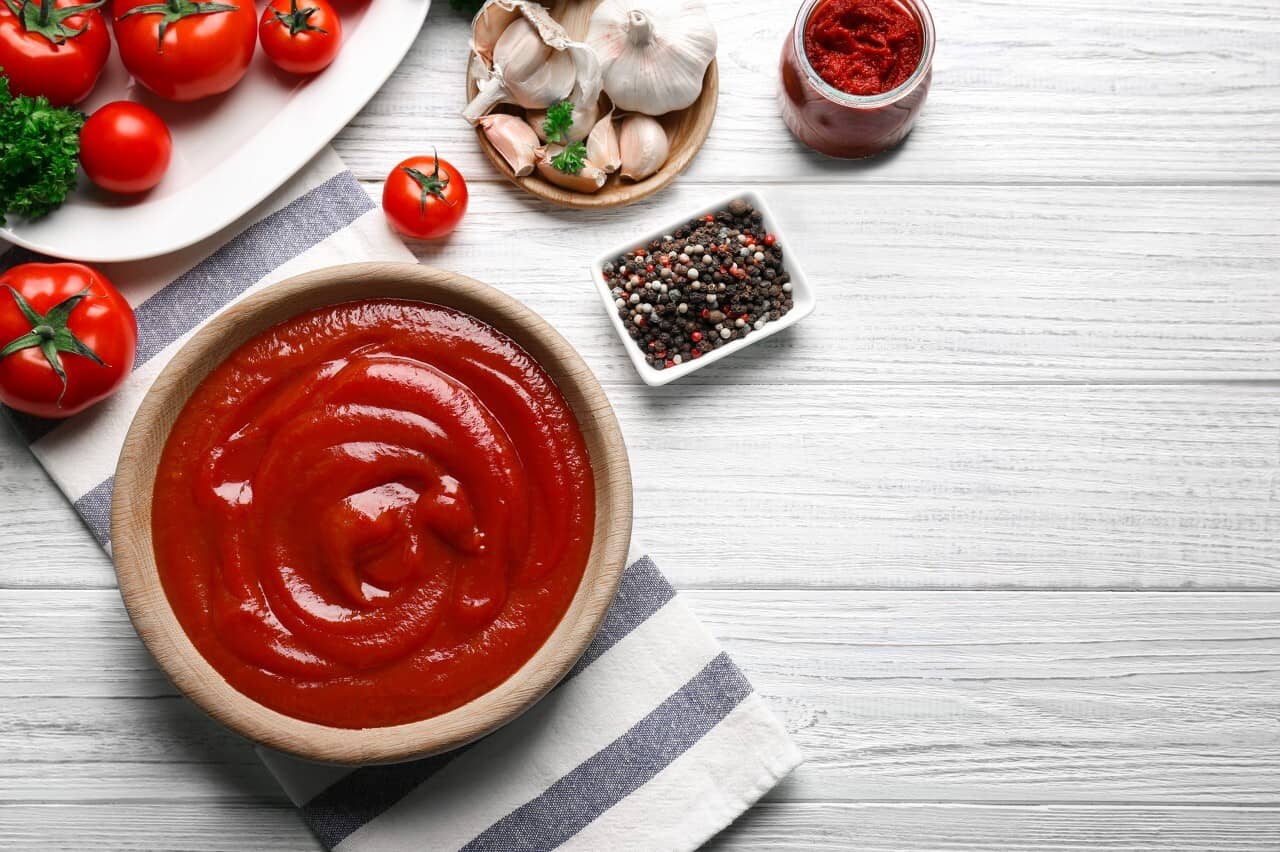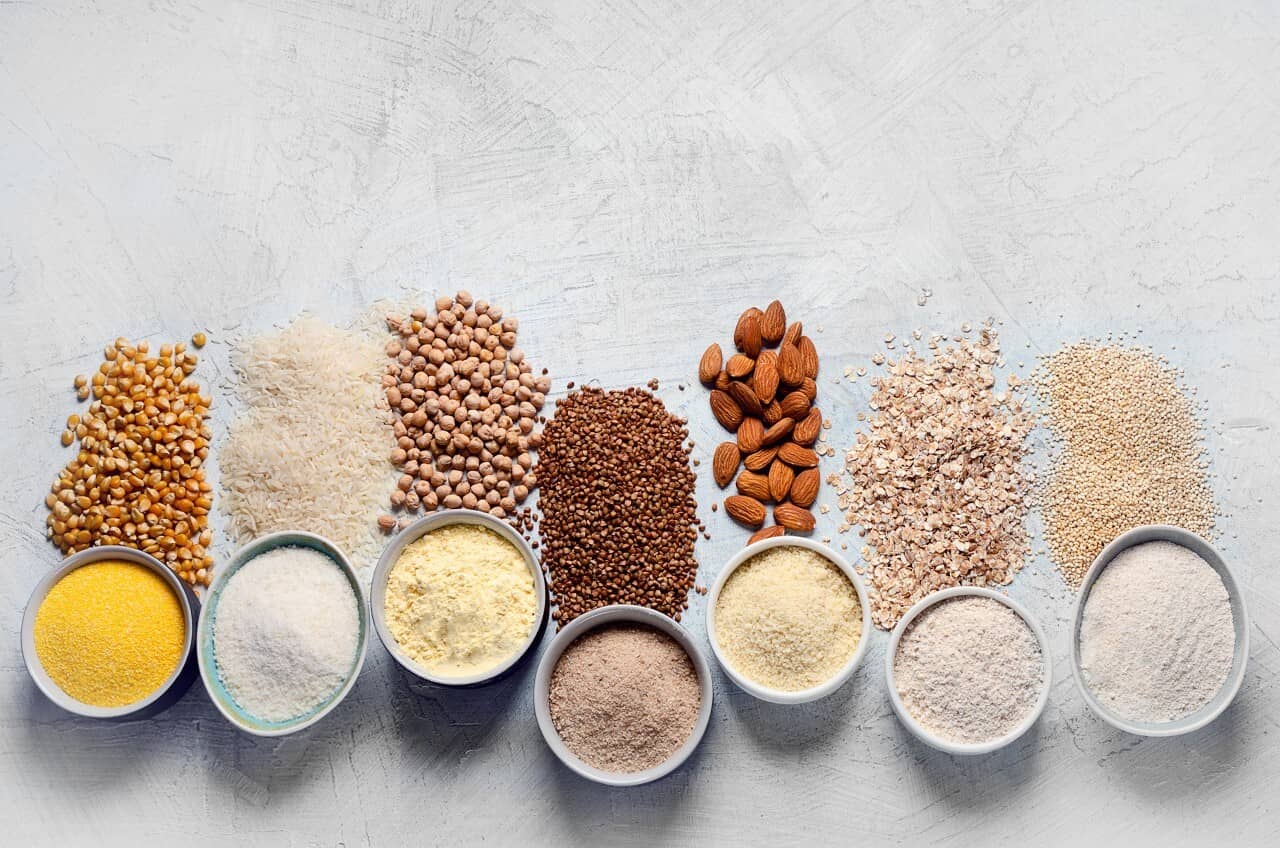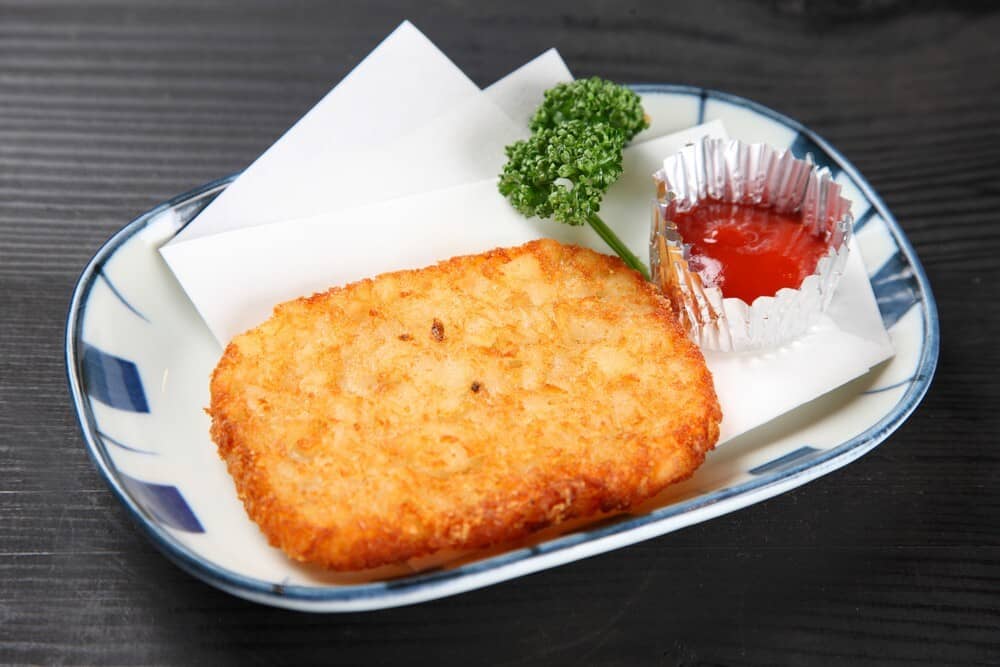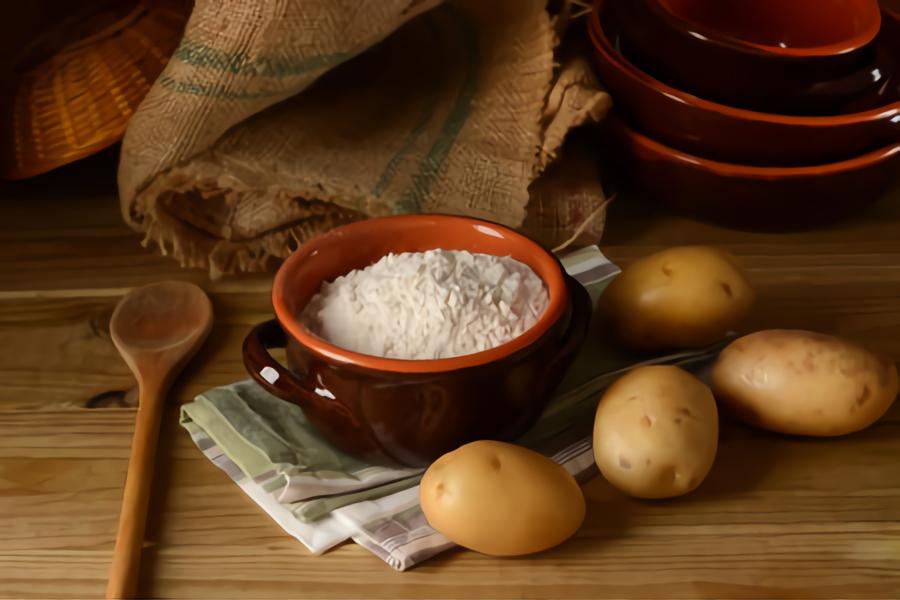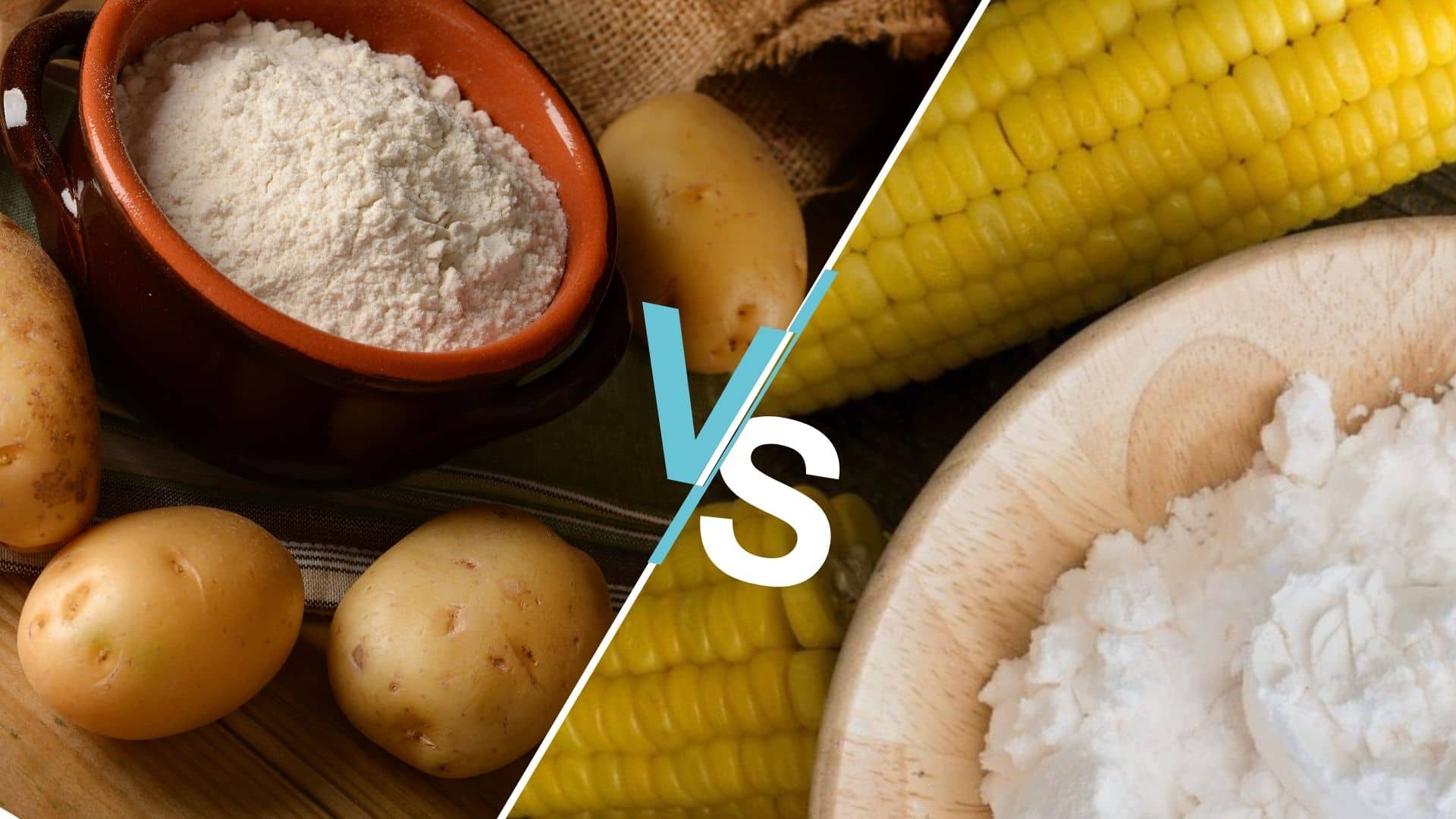Potato is one of the most popular vegetables growing worldwide, and you can find it in markets any time of the year. It is cheap, full of nutrients, and has a lot of health benefits because it contains a lot of resistant starch which is not digested in the digestive tract. It is considered a soluble fiber that promotes digestive system health and improves cell sensitivity to insulin, which lowers the risk of type 2 diabetes. It is also gluten-free and has important economic value.
However, potatoes have a high glucose index category because they still have digestible carbohydrates that the body can quickly turn into glucose, causing a spike in your blood sugar levels and increasing the risks of obesity and type 2 diabetes. The good news is that there are a lot of healthy substitutes for potato flour and starch that you can use easily and safely in your recipes while enjoying the same benefits.
It is a white powder component extracted from potato stems and can be used in recipes like wheat flour. To prepare it, potatoes are crushed, and starch grains are extracted from it after destroying the cell wall. Afterward, the starch is collected, cleaned, and dried until it has flour consistency.
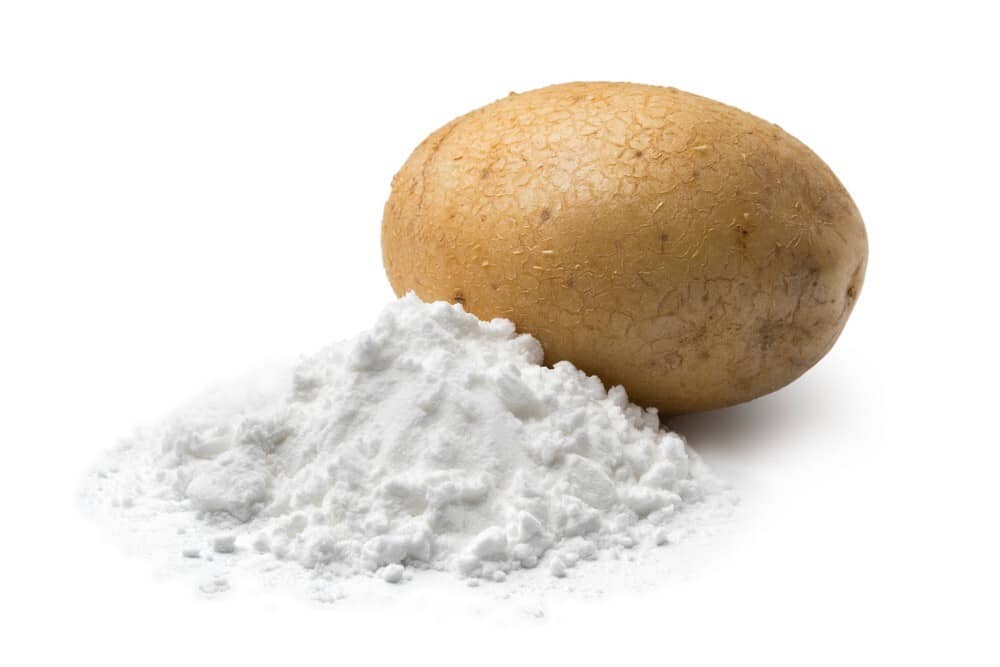 Potato starch is gluten-free so people who have gluten sensitivity or Celiac disease can use it safely, it is involved in the food industry as a food thickener and can often be found in sauces, stews, soups, and as a pie filler. There are some substitutes for potato starch you can use in the same ways as cornflour and rice flour.
Potato starch is gluten-free so people who have gluten sensitivity or Celiac disease can use it safely, it is involved in the food industry as a food thickener and can often be found in sauces, stews, soups, and as a pie filler. There are some substitutes for potato starch you can use in the same ways as cornflour and rice flour.
Potato starch has a lot of benefits like:
- It is gluten-free: people suffering from celiac disease may get benefits from using potato starch because they should not eat any wheat, rye, or barley products or they will get a horrible inflammation from their autoimmune disease.
- It contains resistant starch: resistant starch has a lot of benefits to your digestive system, and can improve your insulin sensitivity, so people with diabetes type 2 can add a few amounts of potato starch to their diet to get these benefits.
- It is good for gut bacteria (probiotics): resistant starch is considered a soluble fiber and it works as a prebiotic, which helps the good bacteria in your intestines to grow.
- Lowering colon cancer risks: colon cancer is one of the most common cancer variants worldwide, potato starch can lower this risk factor by reducing colon inflammation restoring the optimum PH value. It is also good for other bowel inflammatory diseases like Crohn’s disease.
- Help managing weight loss: it makes you feel full for a long time and restricts your appetite. It also increases the level of peptide YY hormone which gives you a feeling of fullness.
- It contains a lot of important vitamins and minerals, including vitamin C, B1, B3, B6, potassium, phosphorus, magnesium, folate, riboflavin, and pantothenic acid.
Despite all these benefits for potato starch, you may need to add potato starch alternatives to your diet, so if you’re wondering “What can I substitute for potato starch?” you’re in the right place. In the following paragraphs, you can find the most common alternatives easily available on supermarket shelves.
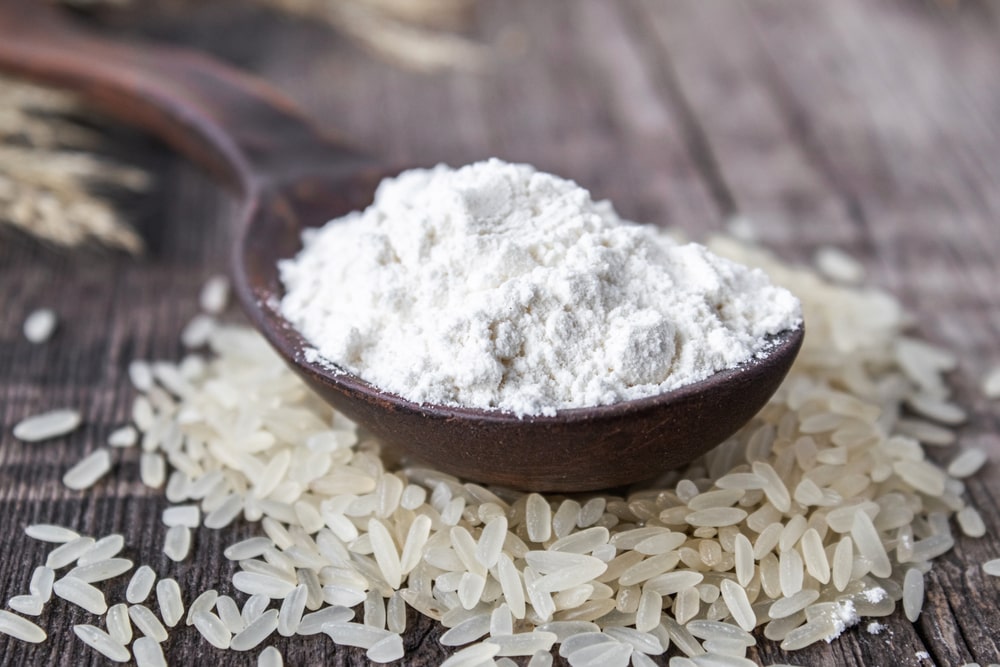
It is gluten-free, and you can use it as a thickening agent. It is the best for soups and stews and can be used in fried and baked recipes.
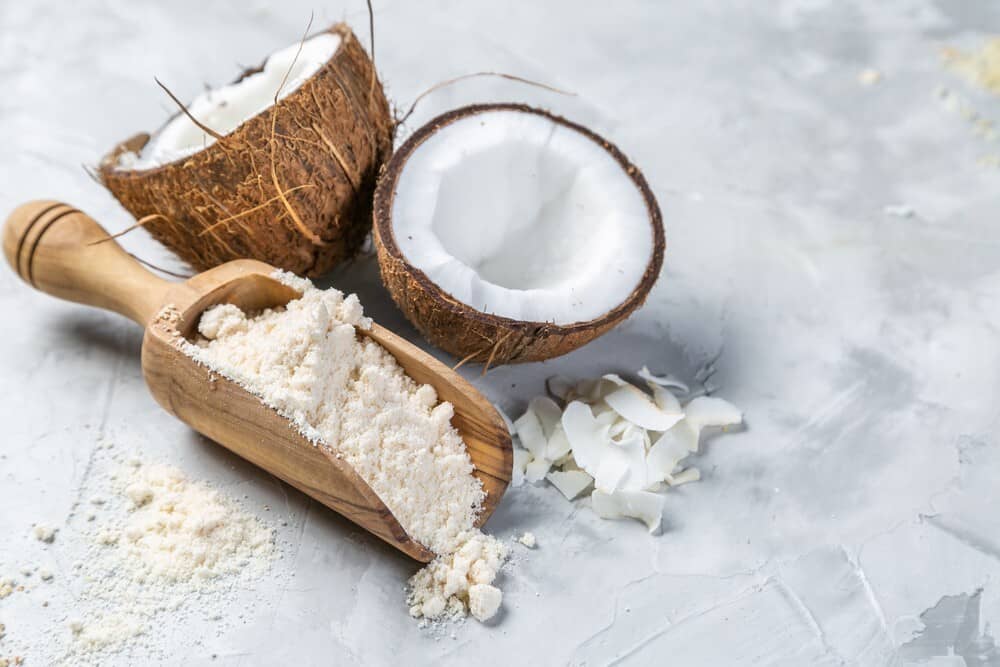
It is one of the most delicious potato starch alternatives because it has a sweet flavor and can be used in baking.
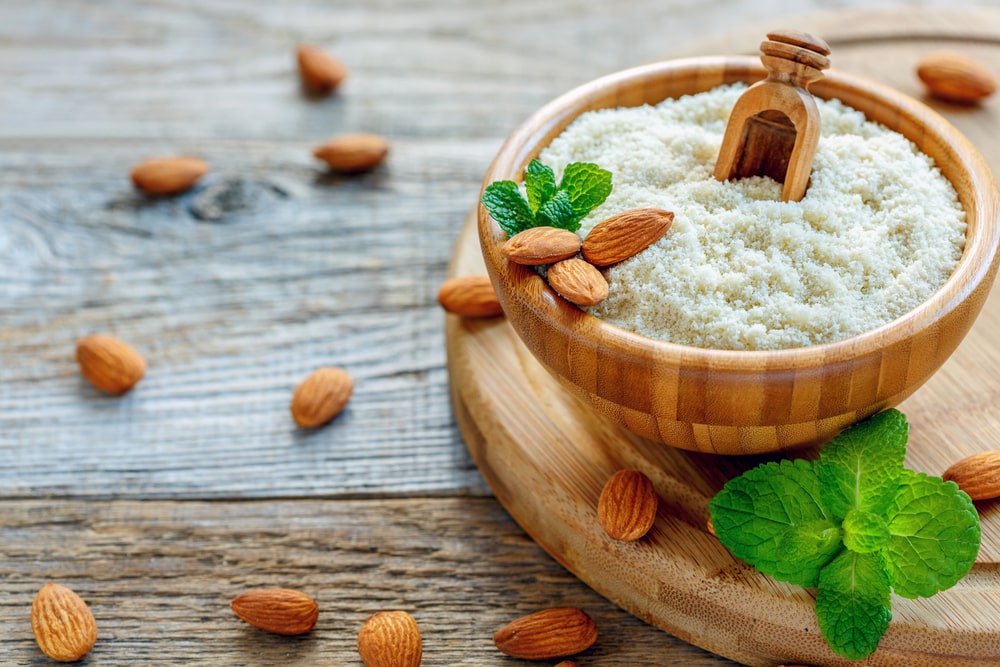
You can use it with other flour like wheat flour in a 1: 1 ratio and get a lot of benefits it can give, it is gluten-free and has a sweet nutty flavor making it wonderful for baking.
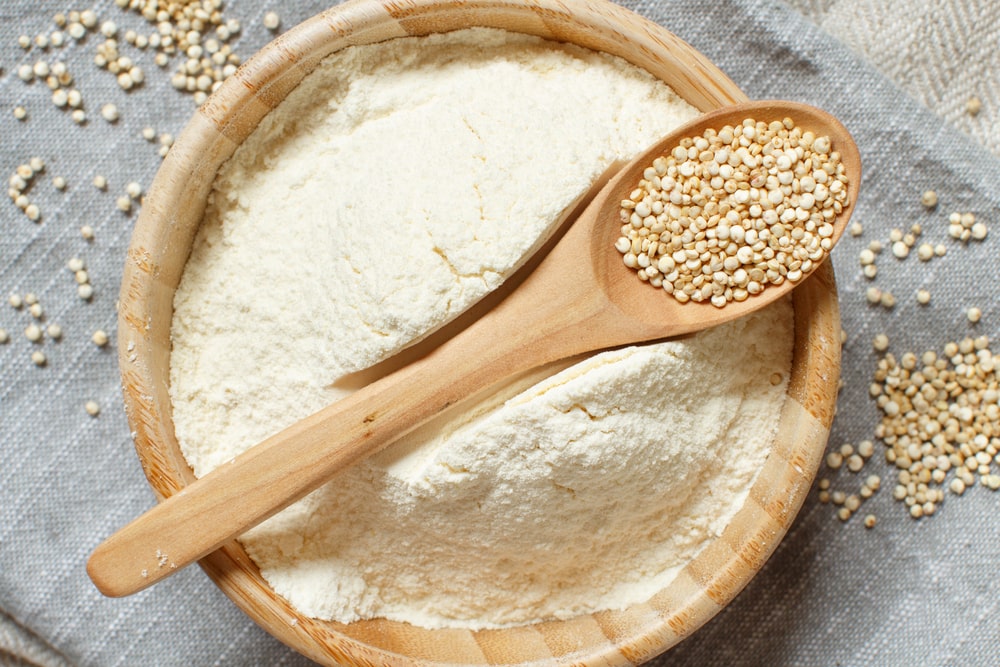
It has a bitter taste so some people may not like it, and it is made of grounded quinoa seeds and has a lot of health benefits.
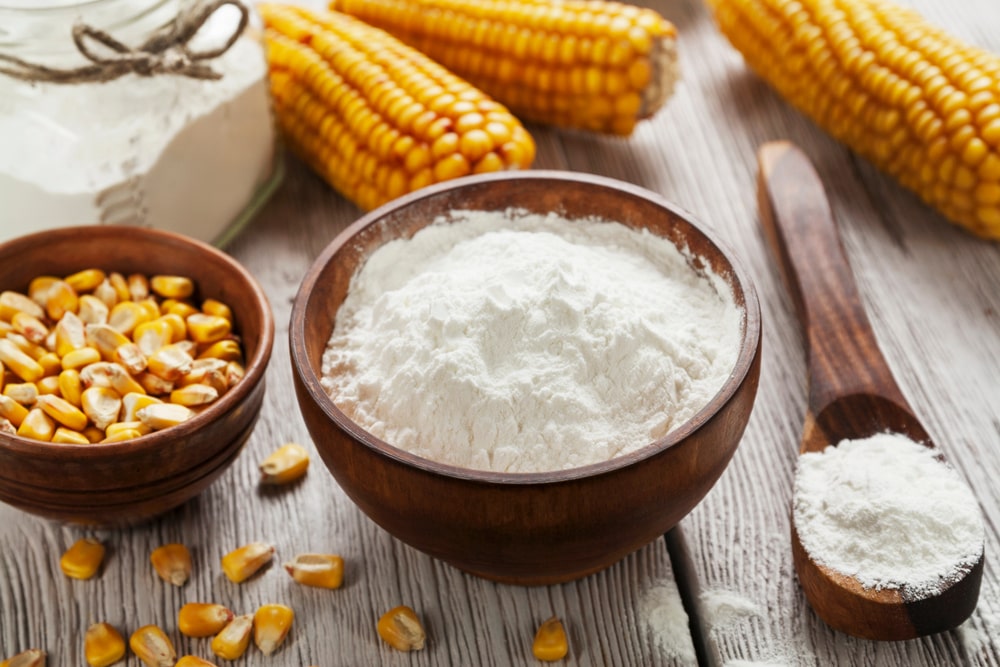
One of the most famous potato starch substitutes, you can use it for baking and as a thickening agent, it makes dishes shinier and gives them a glossy consistency, you can use it with another type of flour in a 1: 1 ratio.
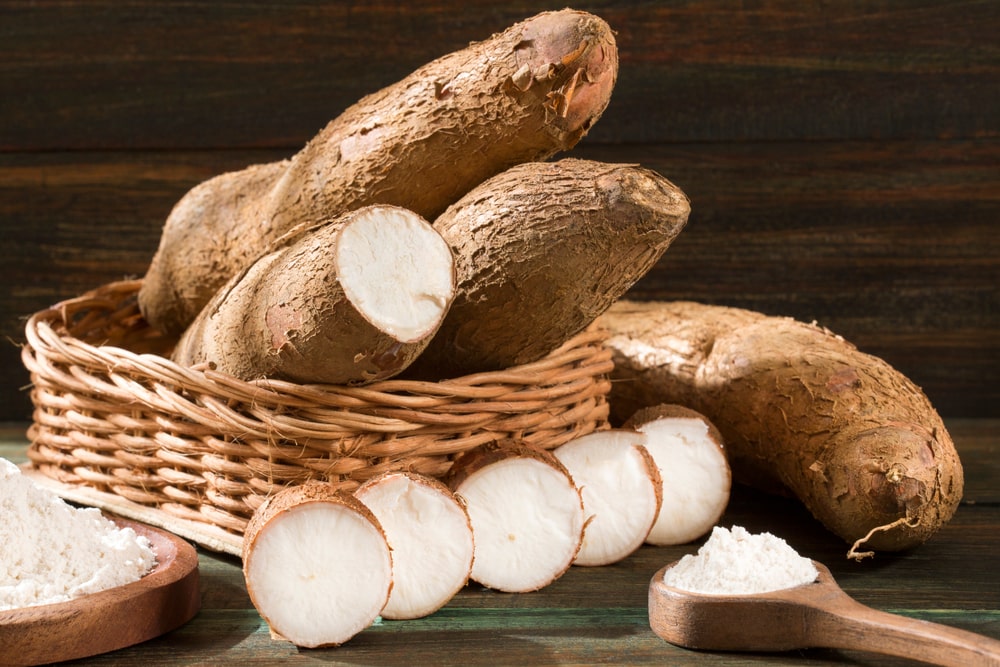
It is a starchy component found in a plant growing in central and south America and you can use it as a thickener in stews or sauces, you can use it with other types of flour using a 1: 1 ratio.
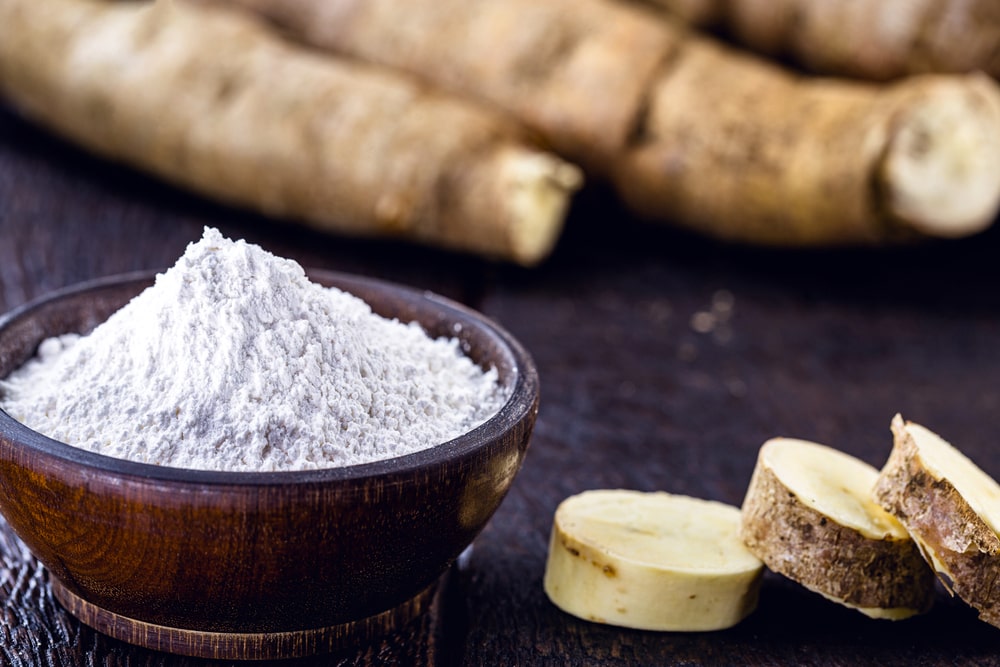
It is produced from grounding the arrowroot plant, a plant growing in central and south America.
It is gluten-free and has a good shelf life (3 – 4 years) you can mix it with potato starch 1:3 ratio.
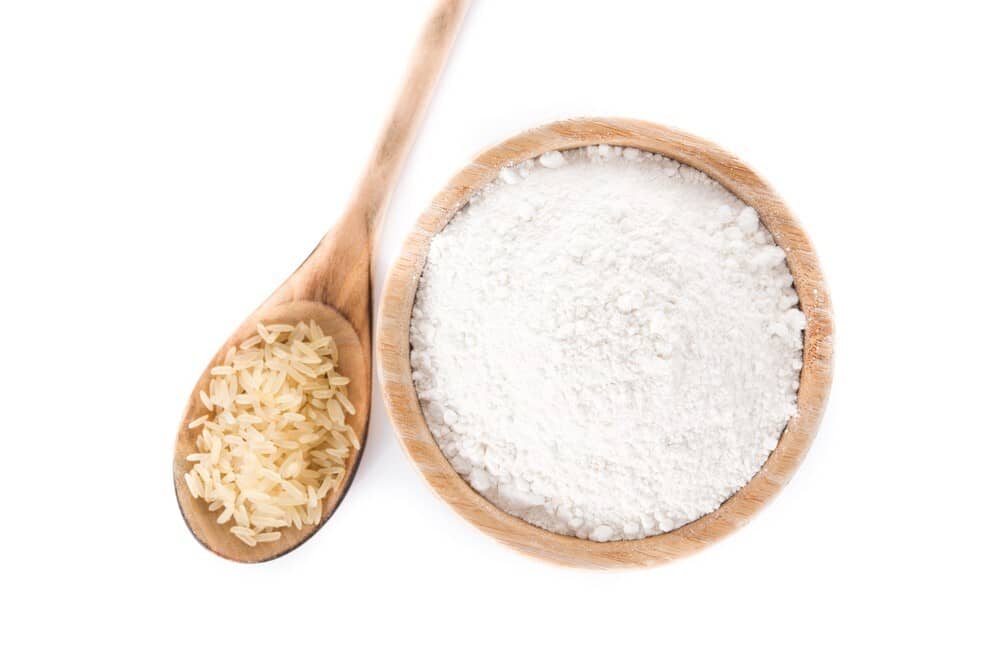 It is a product coming from different species of rice and is considered a great potato starch substitute. It gives better consistency to goods and can be used in a 1:1 ratio with other types of flour.
It is a product coming from different species of rice and is considered a great potato starch substitute. It gives better consistency to goods and can be used in a 1:1 ratio with other types of flour.
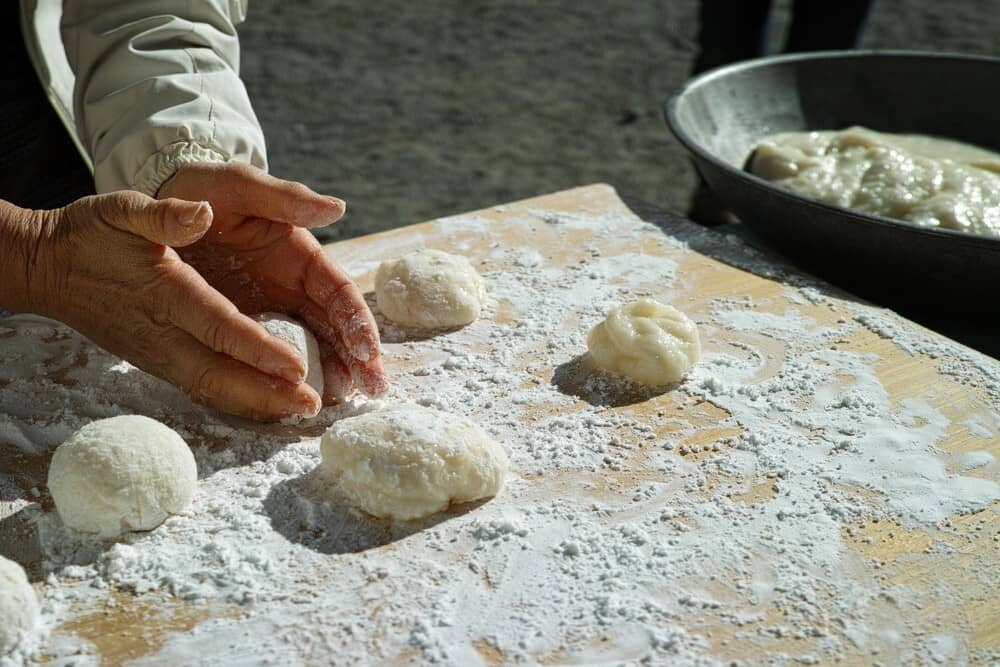
It is also a rice product with gelatinous consistency and milky flavor and could be used in baking with another flour in a 1:1 ratio.
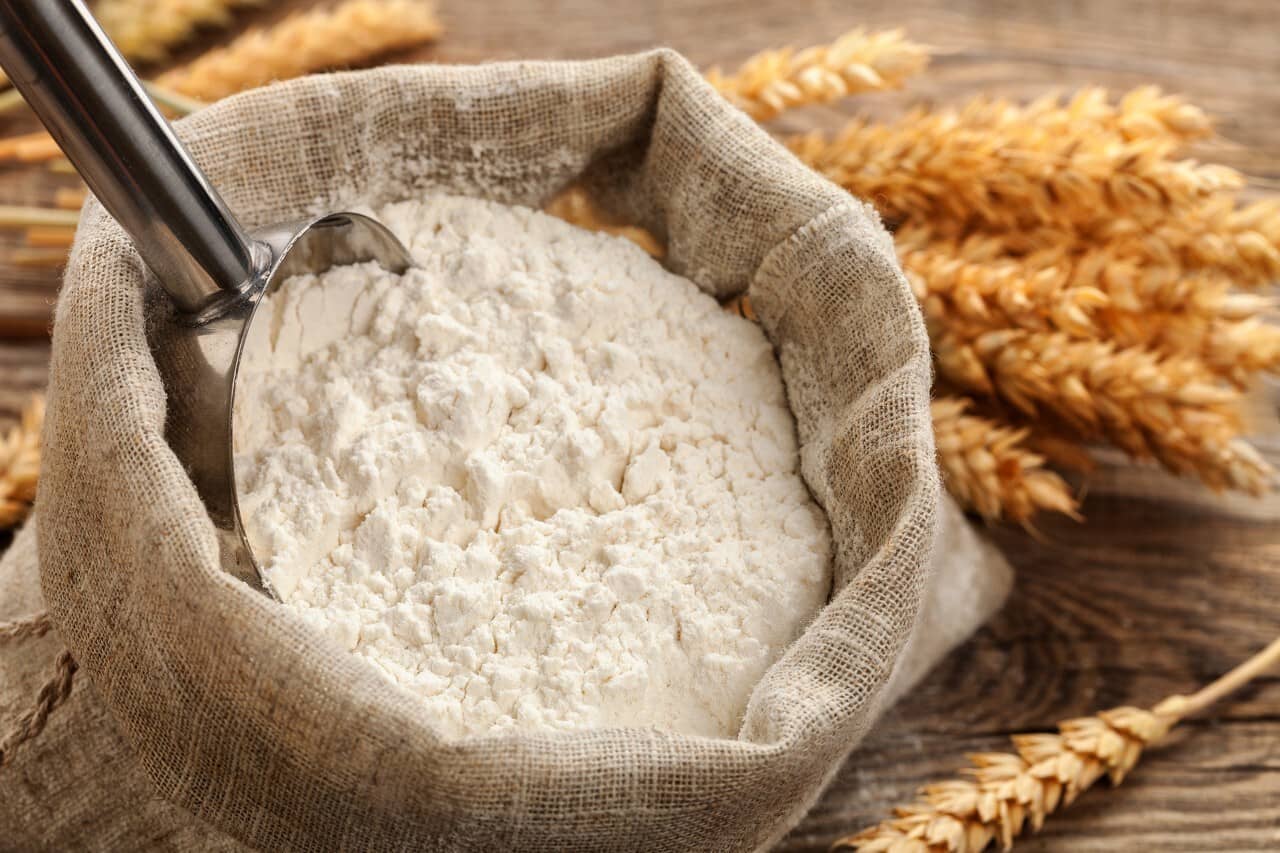
Use it with potato starch in a 2:1 ratio and you will get the same recipe quality.
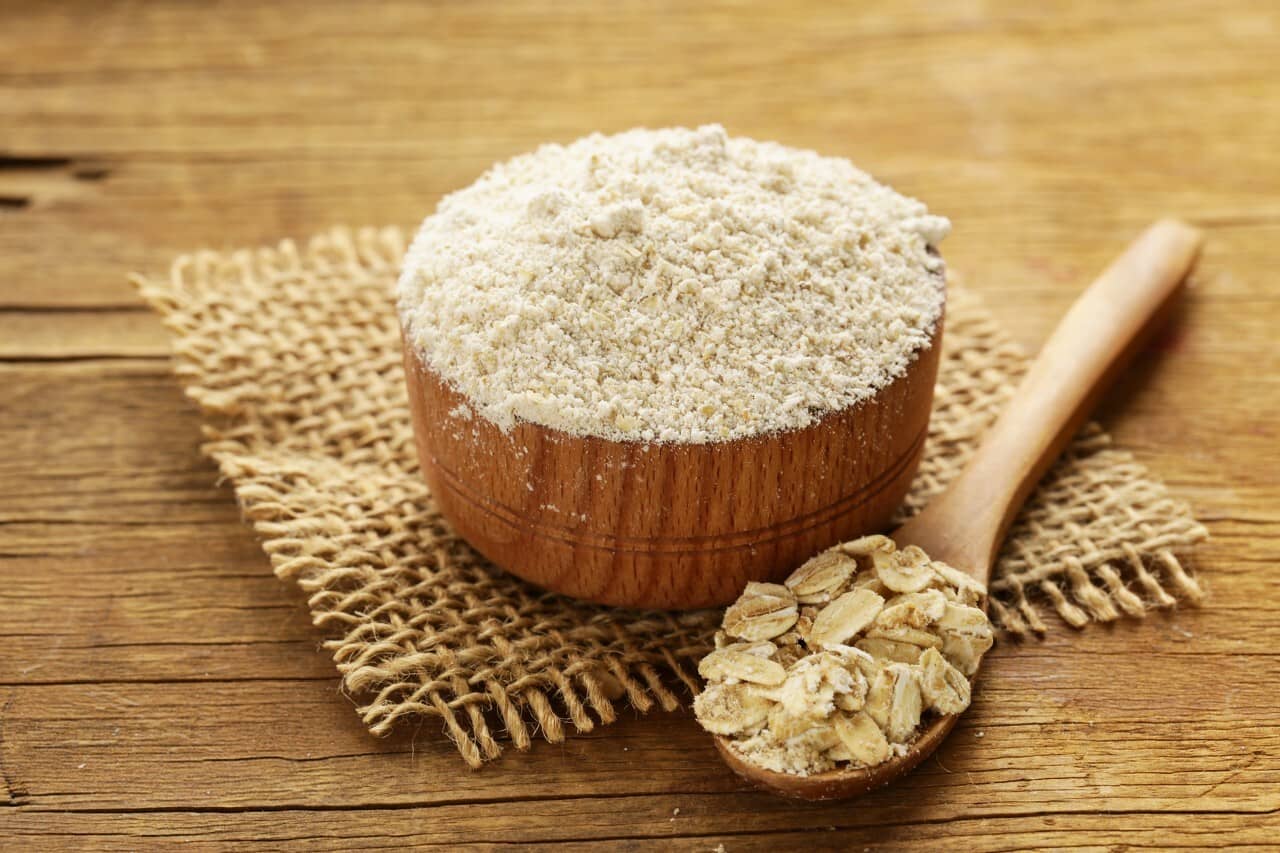
A great potato starch substitute that you can use to add fibers to your diet. It is also rich in antioxidants.
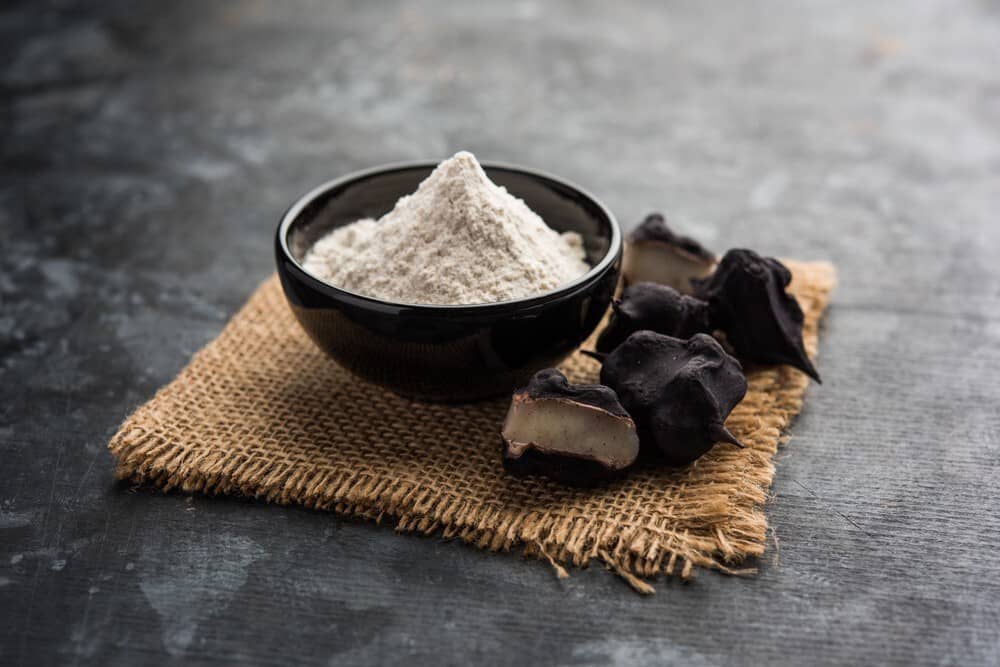
It is made from grounding the water chestnut plant, and it has a sweet taste and smoky flavor. You can use it as a food thickener.
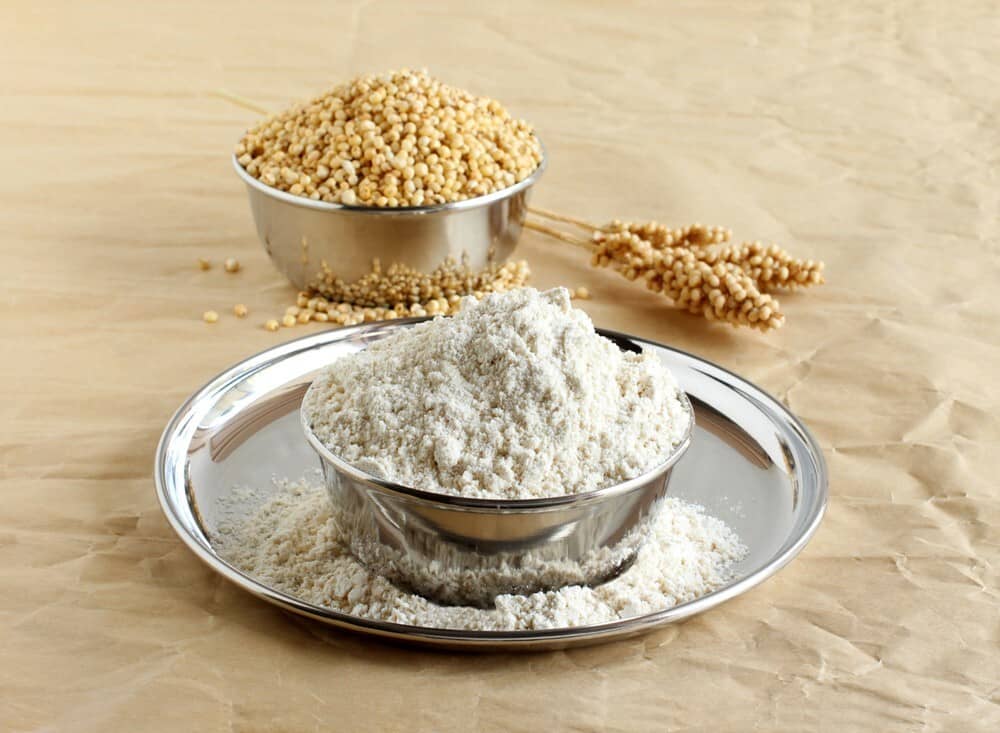
Sorghum is a grain full of nutrients and you can use it as a potato starch substitute. It is well known in Southeast Asian countries because they use it like quinoa and rice.
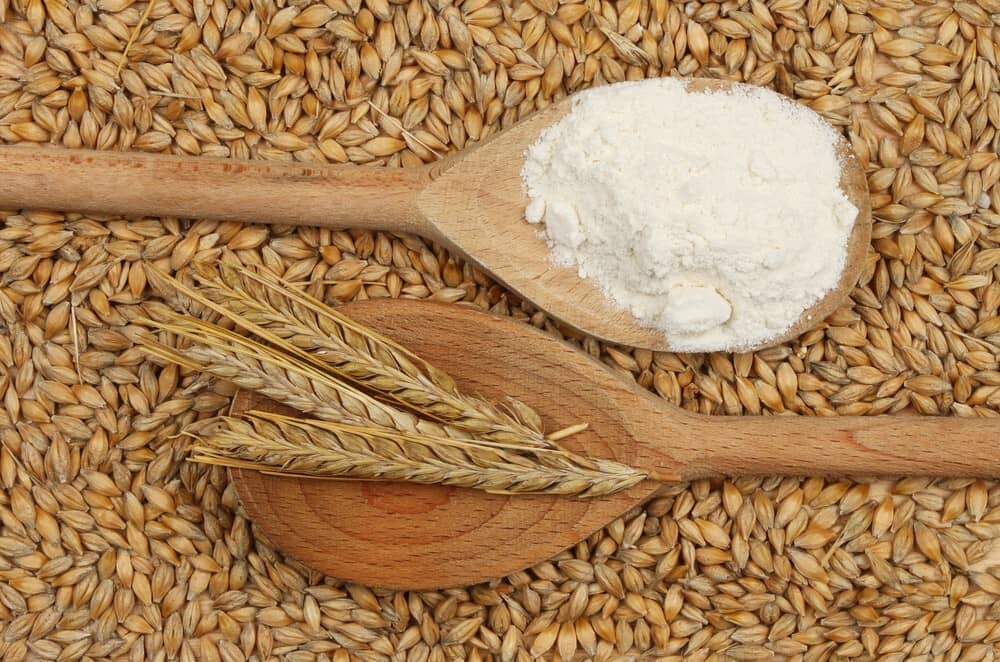
It is a cereal grain with a nutty flavor, and you can use it in baking and as a food thickener.
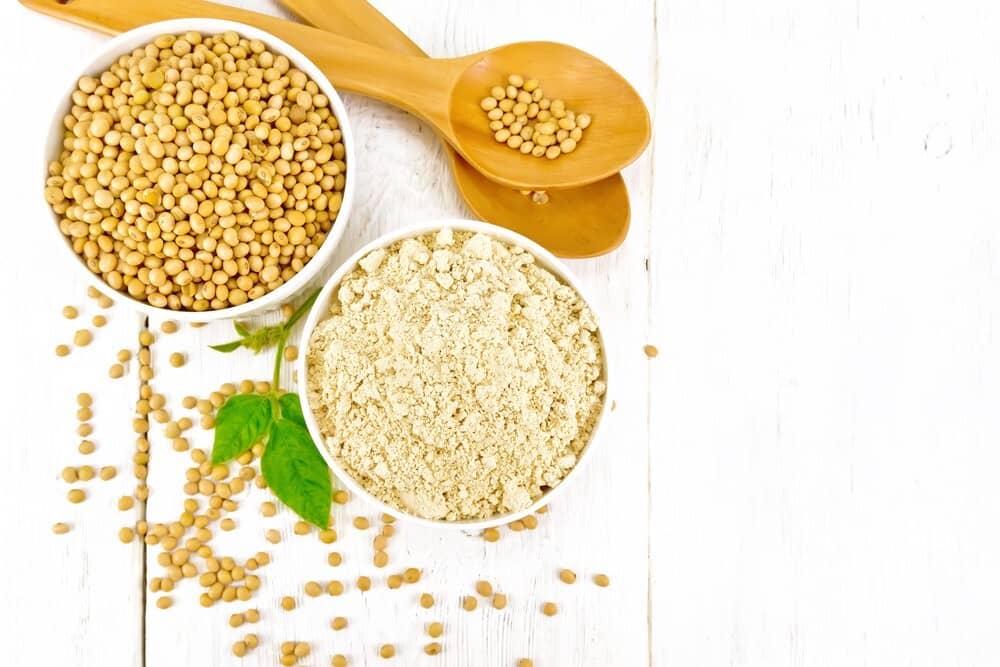
It has a high quantity of fibers and protein, and you can use it in many recipes. Examples of legumes flour include soybeans, black beans, pinto beans, and lentils.
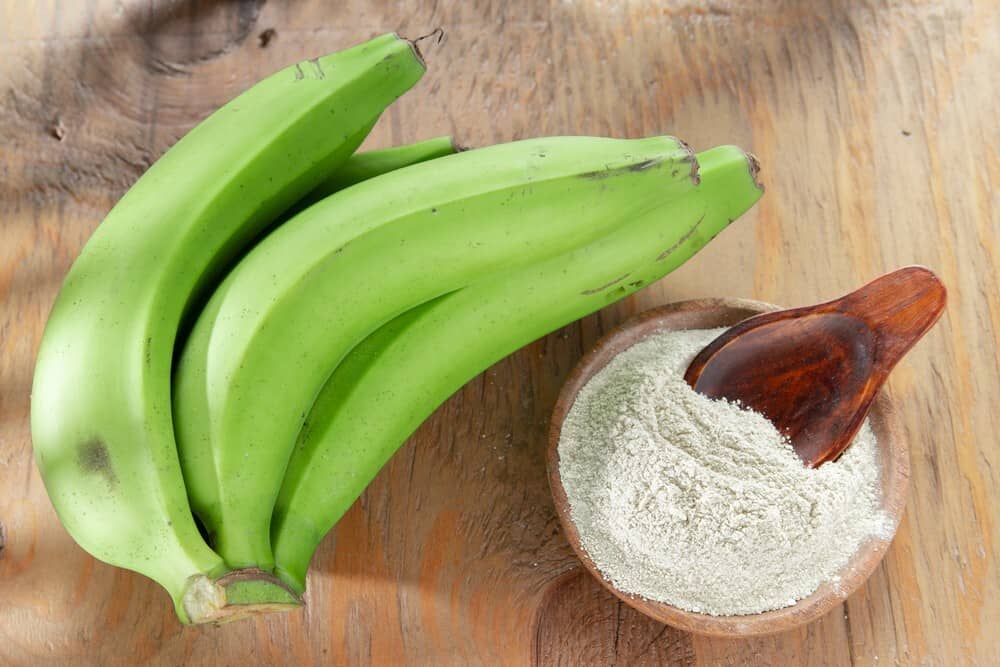
It is another great potato starch substitute full of fibers and vitamins, and you can use it in baking very nicely.
Most of these potato starch substitutes can be used in a potato diet, especially grains, rice, seeds, and legumes.
